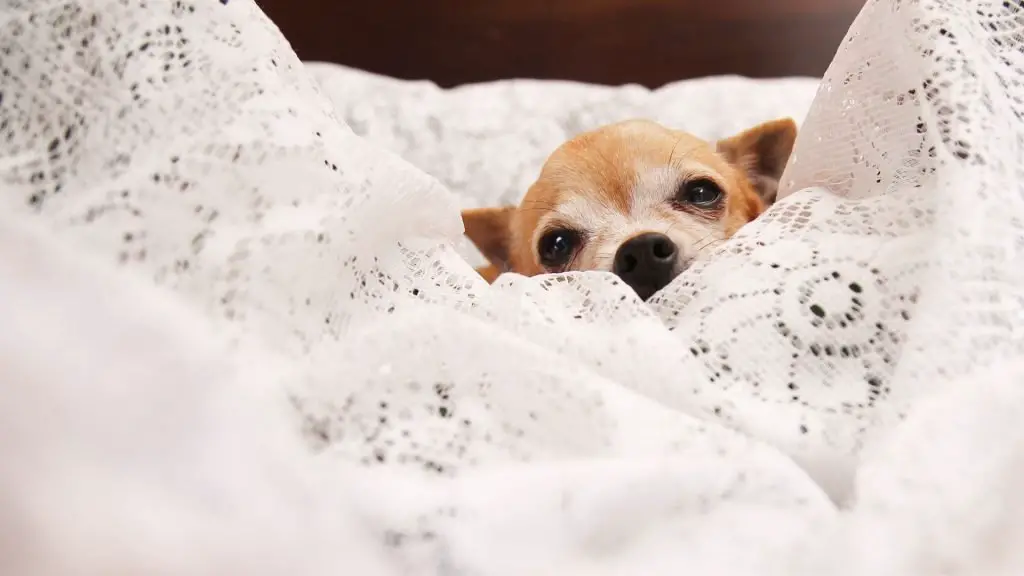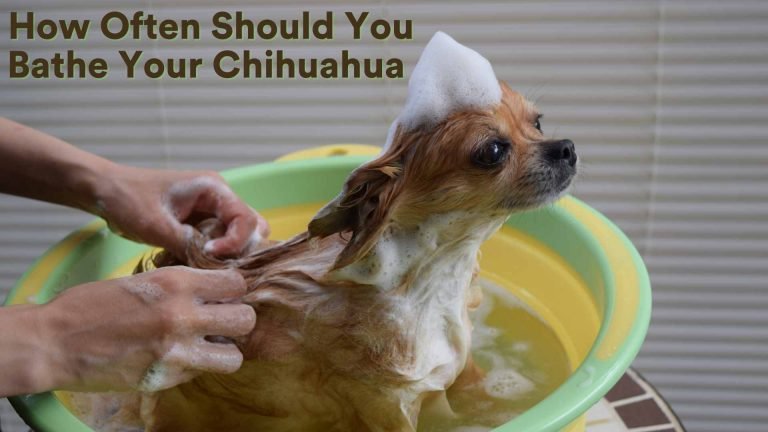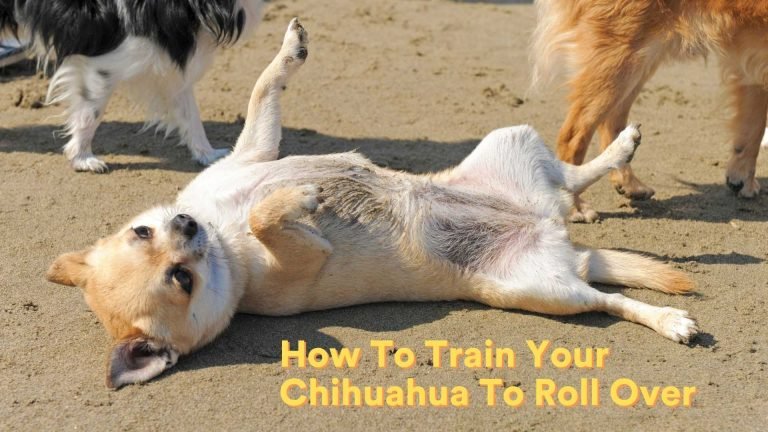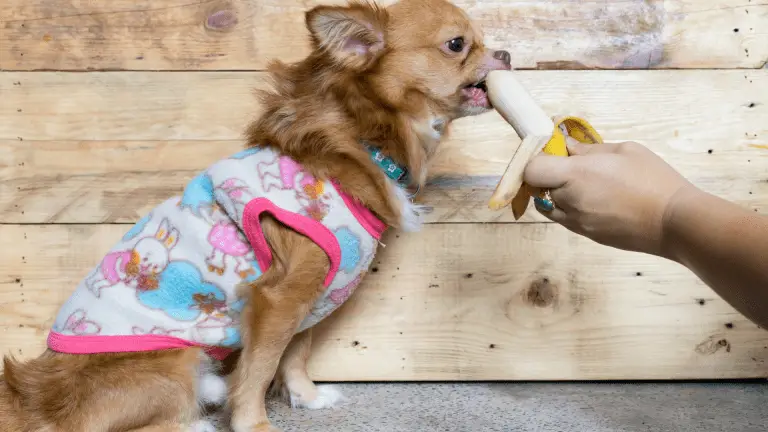Why Do Chihuahuas Burrow? What You Need To Know!
Chihuahuas are one of the smallest dog breeds in the world. They are known for being companion dogs due to their size, but they are also capable of being protective and territorial.
Many owners often notice that their Chihuahuas will go into “burrows” or protected areas. These can include anything from under couches or beds to under pillows.
Chihuahuas are adorable, furry little creatures who love to be seen and loved on! But sometimes, they burrow themselves into blankets for safety. In fact, it is their natural instinct as “denning” animals that causes them to seek out places where they can hide or relax when feeling threatened by something in their environment that might hurt them.
In this blog post, we will be discussing the common reasons behind Chihuahua’s burrowing behavior and their natural instincts.
The Natural Instinct of Dogs

Dogs in general can develop habits of digging and hiding because it is part of their instinctual behavior.
The ancestors of domestic dogs werewolves who lived in cold climates, and these instincts are still present within them today. Their main drive is self-preservation towards the threat or desire of food.
After domestication, canines have learned how to live with humans around them who provide food for them every day.
Chihuahua’s Innate Characteristics
Chihuahuas are den animals, which means they enjoy having some sort of shelter. This is often why they will bury themselves underneath pillows or in comforting blanket piles on the couch or bed. It provides them with a sense of security and warmth while they sleep.
It is interesting to note that this behavior is actually more common among female Chihuahuas.
So, are there any other reasons why your Chihuahua might be burrowing?
Reasons Why Chihuahuas Burrow

1. Susceptibility to Cold
Chihuahuas are more susceptible to cold due to their size. They have a very limited amount of natural insulation which will cause them to seek out shelter when they are exposed to colder temperatures for too long.
Additionally, they are also more vulnerable to frostbite, which is why owners must pay careful attention to the length of time their Chihuahua is left outside.
2. Fear or Anxiety
Chihuahuas are small, so it is only natural for them to get frightened when they encounter an unknown tumult in their environment as a sign of stress. This can be anything from loud noise, a larger dog or cat nearby to even something that
It is not unusual for them to burrow under pillows, extra blankets, couches, and beds if they feel threatened by their surroundings.
If your Chihuahua is burrowing, pay attention to your surroundings for anything that might be scaring them.
3. Attention-Seeking Behavior
Some Chihuahuas will burrow because they are looking for attention from their owners. They feel neglected, so they seek out ways to get noticed by digging under blankets or pillows. This is a difficult behavior to break, and it often takes time and patience.
If your Chihuahua is burrowing for this reason, then try giving them extra attention of quality time or learning how to properly train them with positive reinforcement.
4. Under-Grooming
Chihuahuas are prone to dental disease due to their size and genetics, which means they need regular teeth cleanings by a veterinarian.
Unfortunately, many Chihuahuas will chew on blankets or clothes as a form of self-soothing. This means that if they are unable to chew on their own bedding due to a lack of oral hygiene, they will seek out other sources of relief.
If your Chihuahua is in the early stages of dental disease, it might be time for a trip to the dentist!
5. Health Issues
If your Chihuahua seems like their usual self but still spends an unusual amount of time burrowing, then they may have a health condition.
For instance, an abdominal tumor might emit a chemical that influences your Chihuahua to seek out warm and dark places for comfort. This is just one example of how a medical condition could lead to this behavior.
In this case, it is important to take your Chihuahua to the veterinarian for a checkup.
6. Pregnancy
Some female Chihuahuas experience nesting instinct during pregnancy. This means they will begin to prepare a bed for their unborn puppies by digging underneath a cozy blanket or pillows.
Nesting behavior will occur in the final weeks of pregnancy, so it is important to be aware of this behavior if your Chihuahua happens to get pregnant.
What Burrowing Provides
Burrowing provides many benefits for dogs. It allows them to reduce heat loss and maintain a steady body temperature while resting or sleeping. Furthermore, they are able to camouflage themselves against potential predators.
Burrowing can also be used as a type of enrichment in their environment. They are constantly looking for ways to entertain themselves when they feel threatened or bored, and digging provides an engaging activity that appeals to them!
Of course, there is always the chance that your Chihuahua might get into your stuff, but knowing why they do what they do can help you understand your little one a bit better.
If they are under your bed or in a corner somewhere, make sure to take them out and provide them with love and affection! In this way, you can show them that you care about their natural instincts and behaviors.
Final Words
Chihuahuas burrow for different reasons, but it is important to pay attention to the physical and behavioral signs of why they do what they do. It is necessary to be aware of the environmental state of your Chihuahua and how you can provide support for them.
If you want to stop them from doing it, then try any of the above suggestions like taking them outside more often or providing more toys and exercise. If this does not work, then it might be time to take them to the vet!







